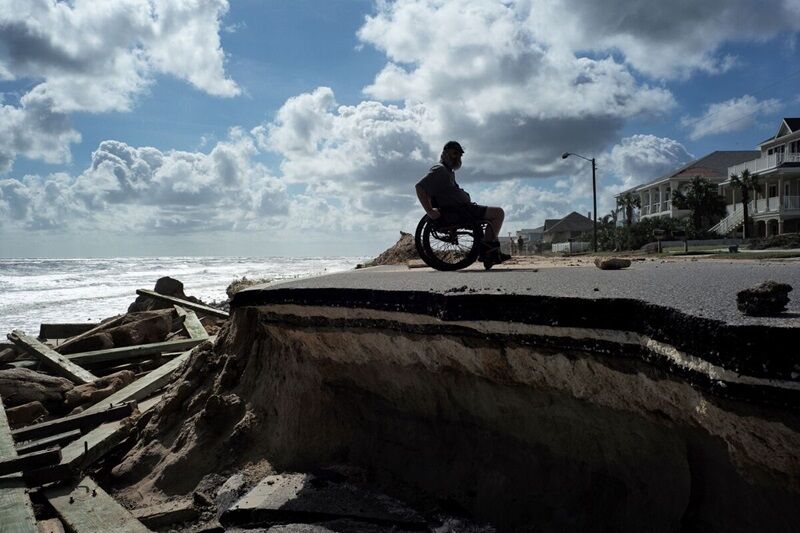
concerns raised as new disabilities plan in brazil overlooks those in institutions
Last updated on January 20th, 2024 at 05:15 am
In early September, the Brazilian government introduced its latest human rights plan, “Living without Limits,” aimed at the estimated 18 million people with disabilities in the country.
Some people are not happy with the plan because it doesn’t seem to consider the needs of thousands of individuals with disabilities who live in institutions.
Researchers from Human Rights Watch talked to officials from the National Secretariat for People with Disabilities and the presidency. They wanted to talk about the problems and issues with how people in institutional care are getting treated. When they visited different institutions from 2016 to 2018, they found serious problems. These included keeping people isolated, not allowing them to go to school, and limiting their ability to make decisions for themselves.
The original plan, unveiled in 2011, aimed to create inclusive residences to enable people with disabilities to live in the community. This is a good move but still these residences have some issues similar to big institutions. This means that people living there may not have as much control over their own lives.
Many residents under guardianship in inclusive residences lack autonomy, unable to make simple everyday choices.
The new “Living without Limits” plan in Brazil doesn’t recognize the existence of people with disabilities in institutions. This raises a big concern about the government’s promise to protect the rights of these people.
In recent interviews, Human Rights Watch discovered that people in inclusive residences are not allowed to speak freely, showing they lack independence.
The government has not properly solve with the issues faced by people in institutions and they haven’t taken proper steps for community services. which goes against their promise to stop violence against people with disabilities.
The Committee on the Rights of Persons with Disabilities advises countries, Brazil included, to not create new institutions and instead concentrate on deinstitutionalization. Brazil can make its plan better by checking existing residences, adjusting how people get in, and organizing these places differently. Let’s aim for a future where everyone is included and supported.
To enhance residents’ autonomy, staff in these residences should be trained to support rather than control. The government should also consider creating a new model for independent community living, allowing individuals in institutions to transition into inclusive residences. While the new plan is a step forward, there is a need for ongoing improvements to ensure the inclusion and well-being of all individuals with disabilities in Brazil.




